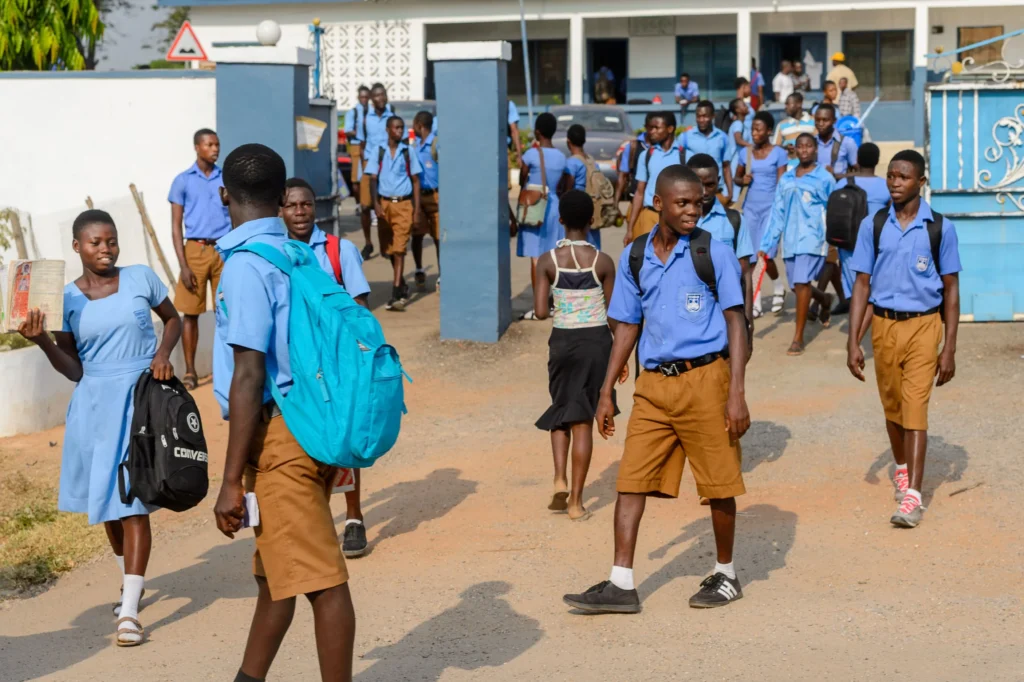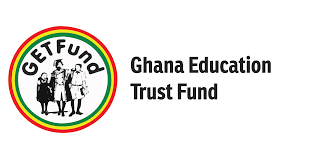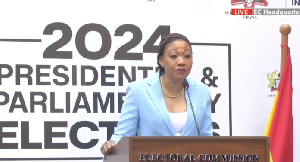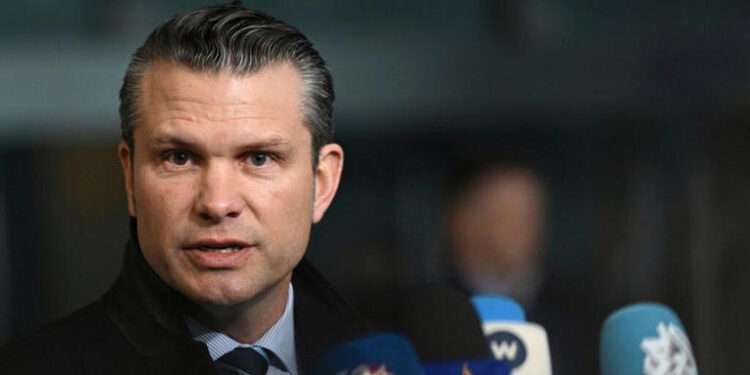The allocation of GETFund resources for Members of Parliament (MPs) to execute emergency projects and conduct monitoring has once again come under scrutiny.
Kofi Asare, Executive Director of Eduwatch Africa, has raised concerns about the efficiency and accountability of this allocation, stressing the need for greater transparency.
According to Asare, “Annually, up to 1.5% of GETFund is allocated for MPs Emergency Projects & Monitoring.”
He noted that Parliament has recently approved GH₵200,000 for projects and GH₵150,000 for monitoring.
However, Asare believes that these funds could be better structured to ensure maximum impact.
“I think the cash should be merged into one line – MPs Projects. This is because some MPs may not have a single GETFund project for years; hence, nothing to monitor. Besides, GETFund already has the capacity to monitor.”
Kofi Asare
Ghanaians have traditionally looked to their Members of Parliament (MPs) not only for legislative and oversight duties but also for direct service delivery within their constituencies.
This expectation has placed a significant financial burden on MPs, making it necessary for them to access financial support to remain effective and responsive to the needs of their constituents.

While acknowledging this reality, Asare raised concerns about the way funds allocated to MPs are currently structured.
Using the GH₵350,000 allocation as an example, he illustrated the challenges of resource distribution, emphasizing that while the amount may be inadequate for the complete construction of a kindergarten, its impact could be maximized if directed toward a single, well-defined initiative.
He argued that dividing the funds between multiple purposes—such as project execution and monitoring—diminishes their overall effectiveness.
By focusing resources on one key initiative, MPs could ensure more tangible and lasting benefits for their constituents, rather than diluting the impact across fragmented efforts.
Need for a Reporting System
Furthermore, Kofi Asare highlighted a major concern regarding the absence of a structured system for reporting how MPs utilize their GETFund allocations.
While previous MPs have directed these funds toward essential educational needs such as school buildings, desks, teachers’ quarters, and district mock exams, there is no formal mechanism for tracking or publicly reporting these expenditures.

He also noted that, in practice, these funds are managed and disbursed by District Assemblies on behalf of MPs, further complicating accountability efforts.
To address this gap, he has urged the Ministry of Education to enforce stringent transparency measures. “The Ministry of Education must ensure that GETFund annually publishes a constituency-by-constituency report on MPs’ use of GETFund.“
For this accountability mechanism to work, Asare suggested that GETFund should liaise with MPs’ secretariats to create a standardized reporting template.

“This may entail GETFund liaising with MPs’ secretariats to populate a reporting template with verifiable evidence of activities. GETFund then undertakes their independent monitoring to verify.”
Kofi Asare
He further emphasized the need for transparency by advocating for the publication of these reports on the GETFund website.
Making such information publicly accessible, he argued, would enhance accountability, allowing citizens to track how MPs’ allocations are utilized and ensuring that funds are directed toward meaningful educational projects.
This, he believes, would foster greater trust in the system and help eliminate any potential misuse or misallocation of resources.
As the debate over GETFund allocations for MPs continues, the call for greater transparency and accountability grows louder.
While it is widely acknowledged that MPs need financial resources to support development initiatives in their constituencies, concerns persist about how effectively these funds are managed and reported.
Implementing Asare’s recommendations—such as public disclosure of expenditure reports—could help address these concerns by fostering greater accountability.
If adopted, these measures could not only boost public confidence in the system but also ensure that every cedi allocated is used efficiently to improve educational infrastructure and services across the country.
READ ALSO: Joeboy Releases Third Album “Viva Lavida”





















